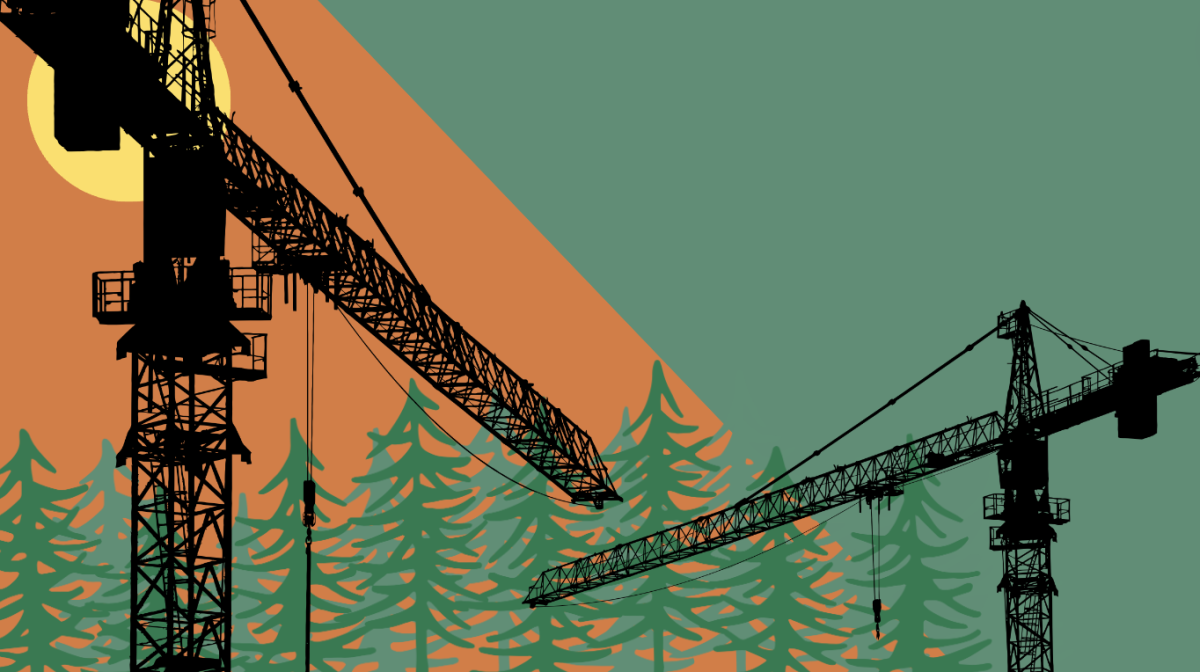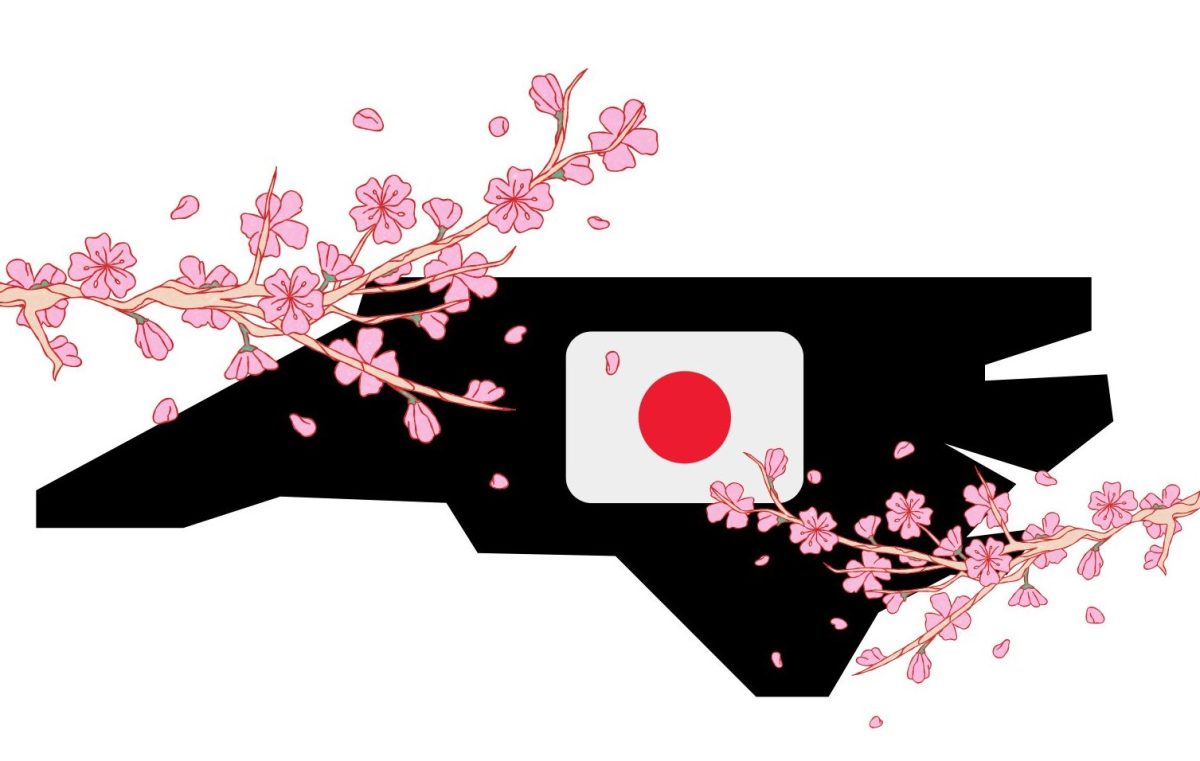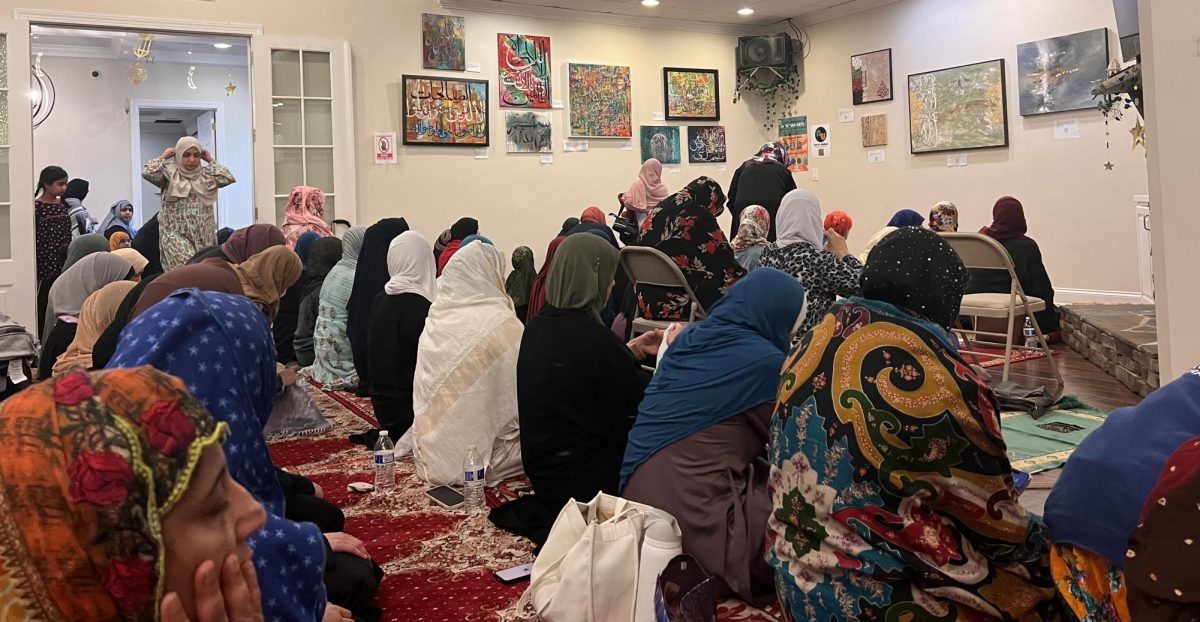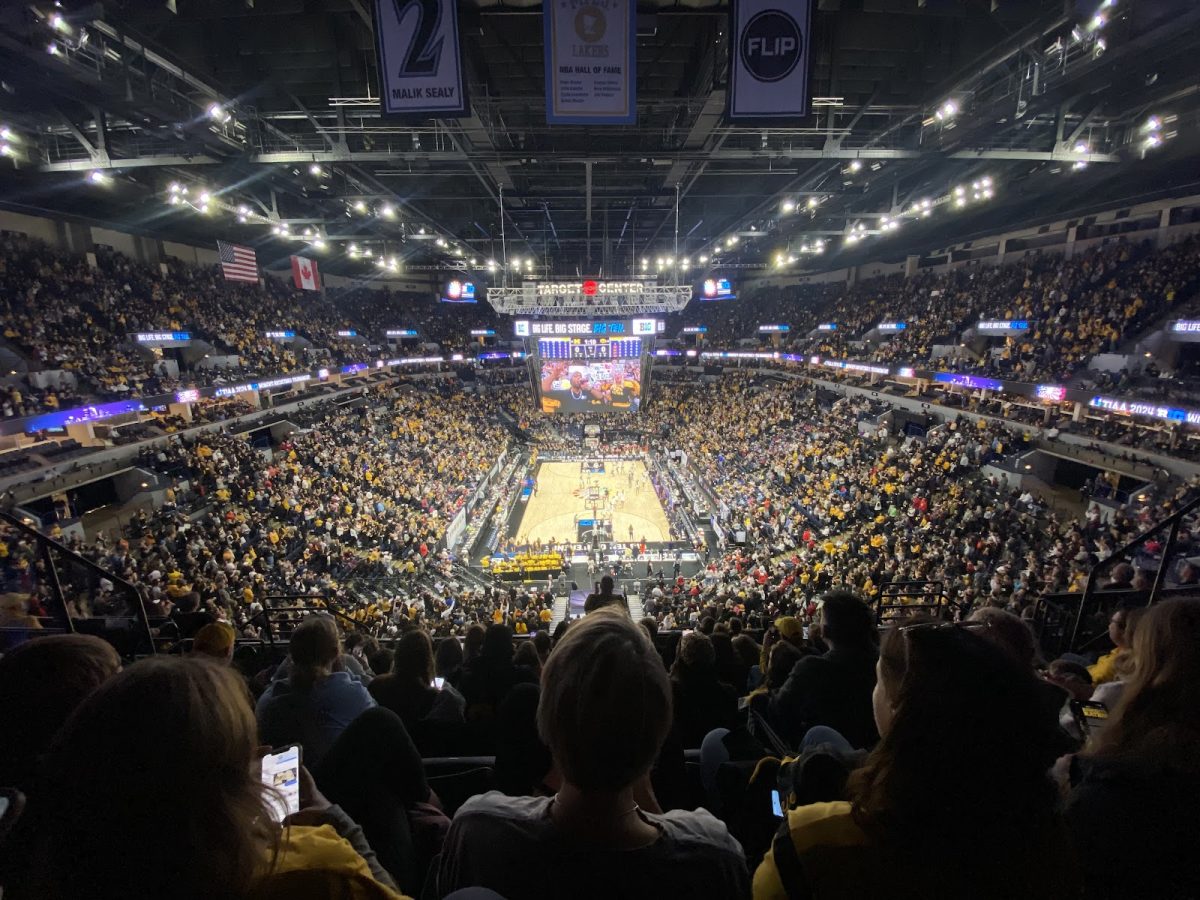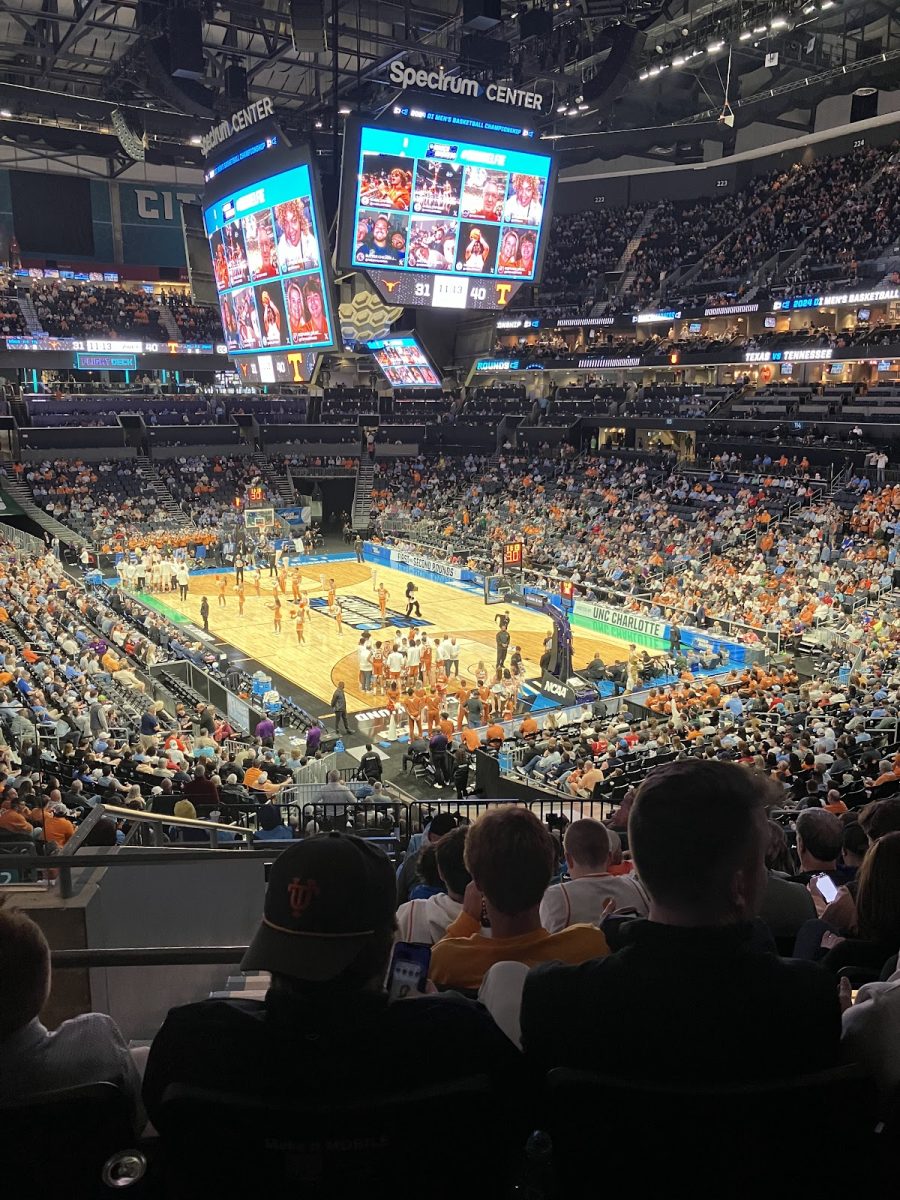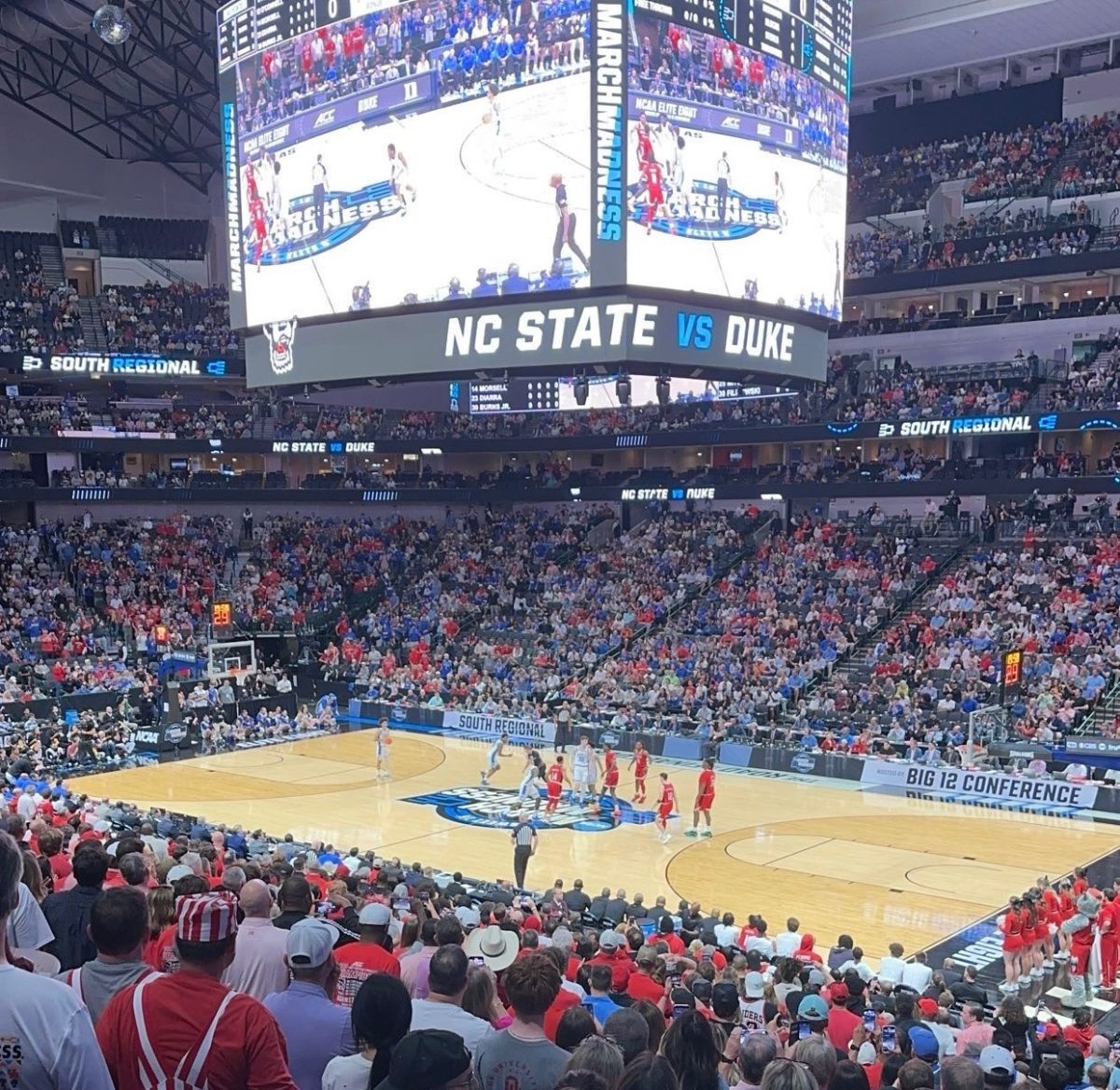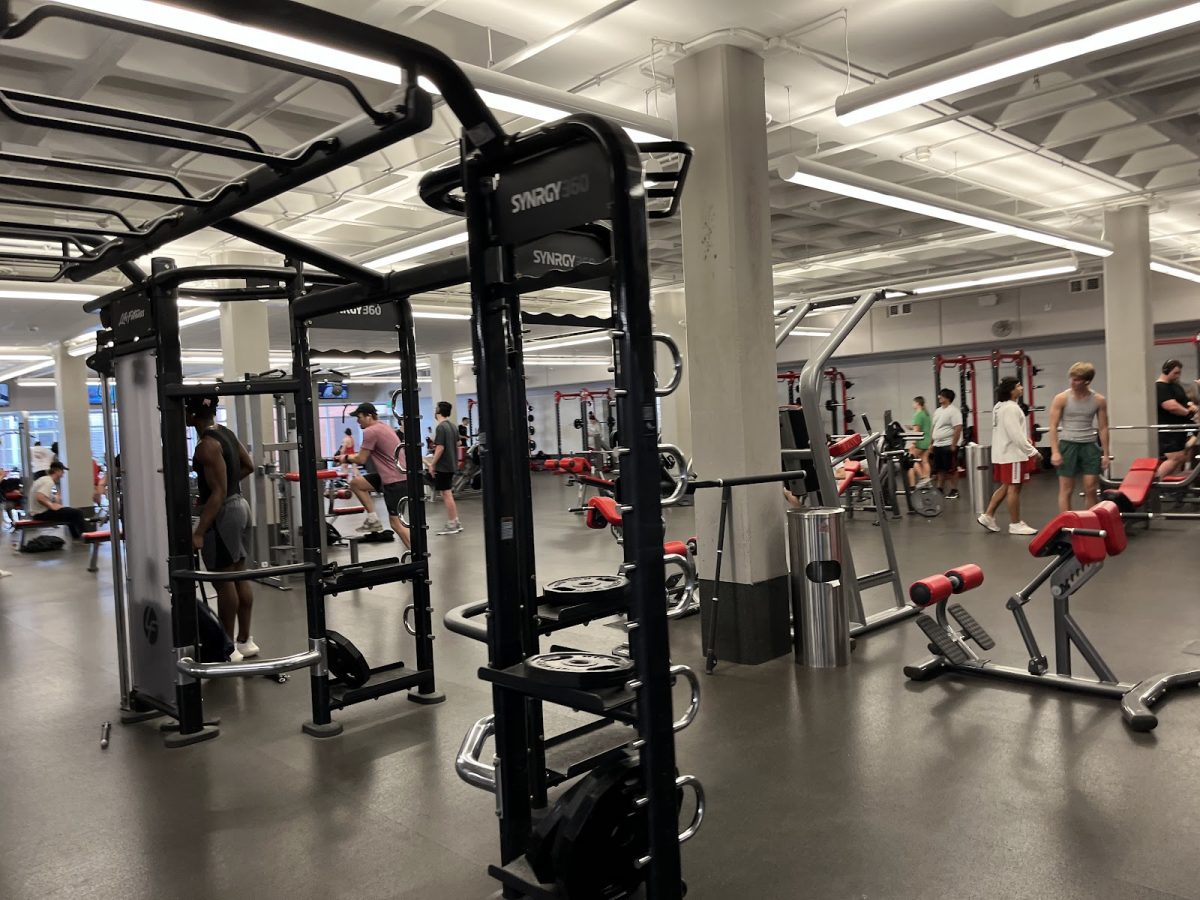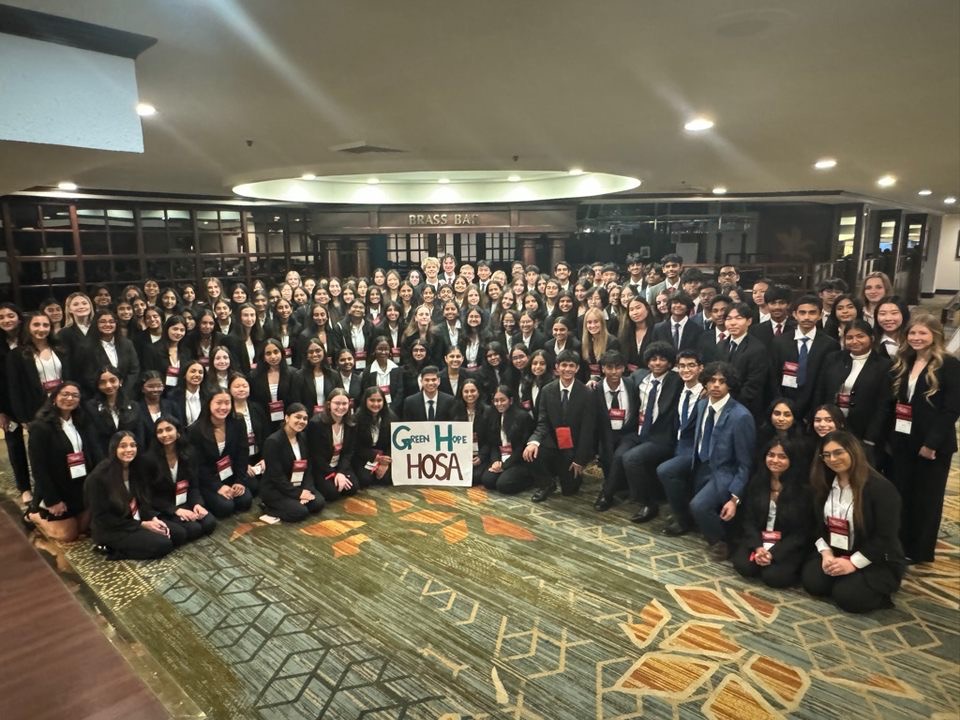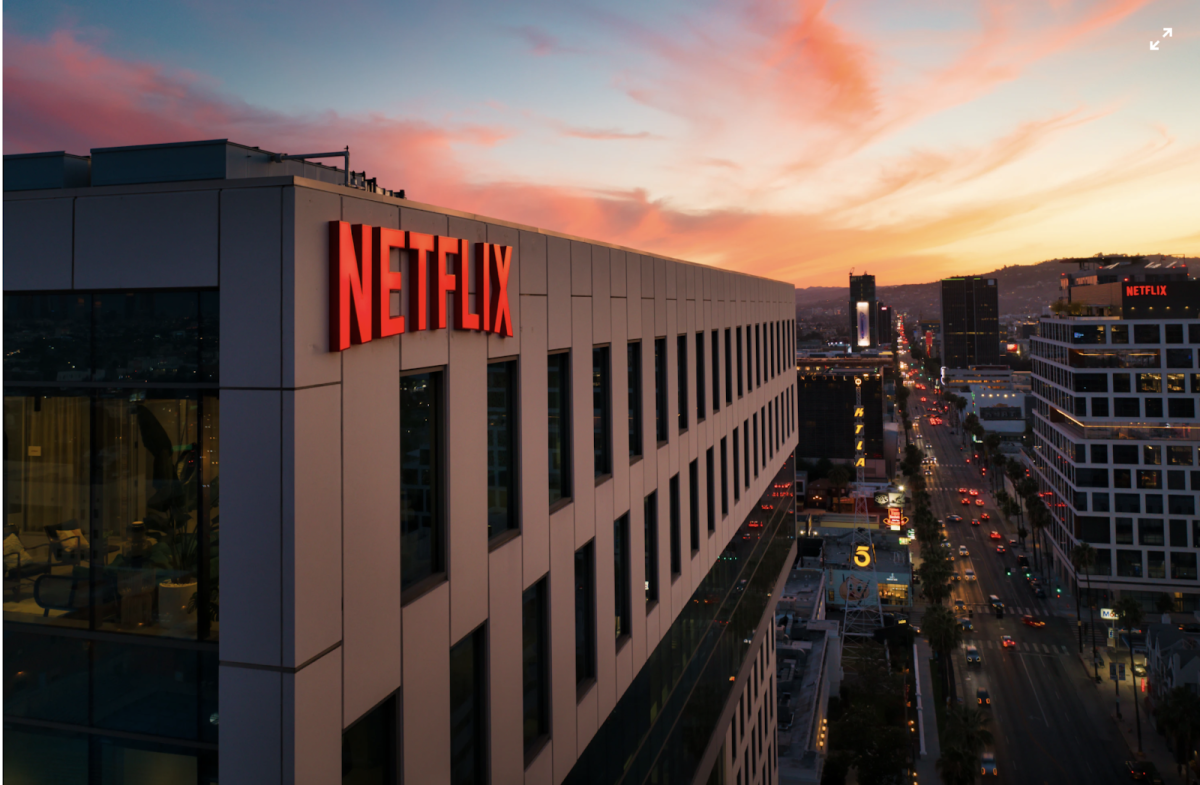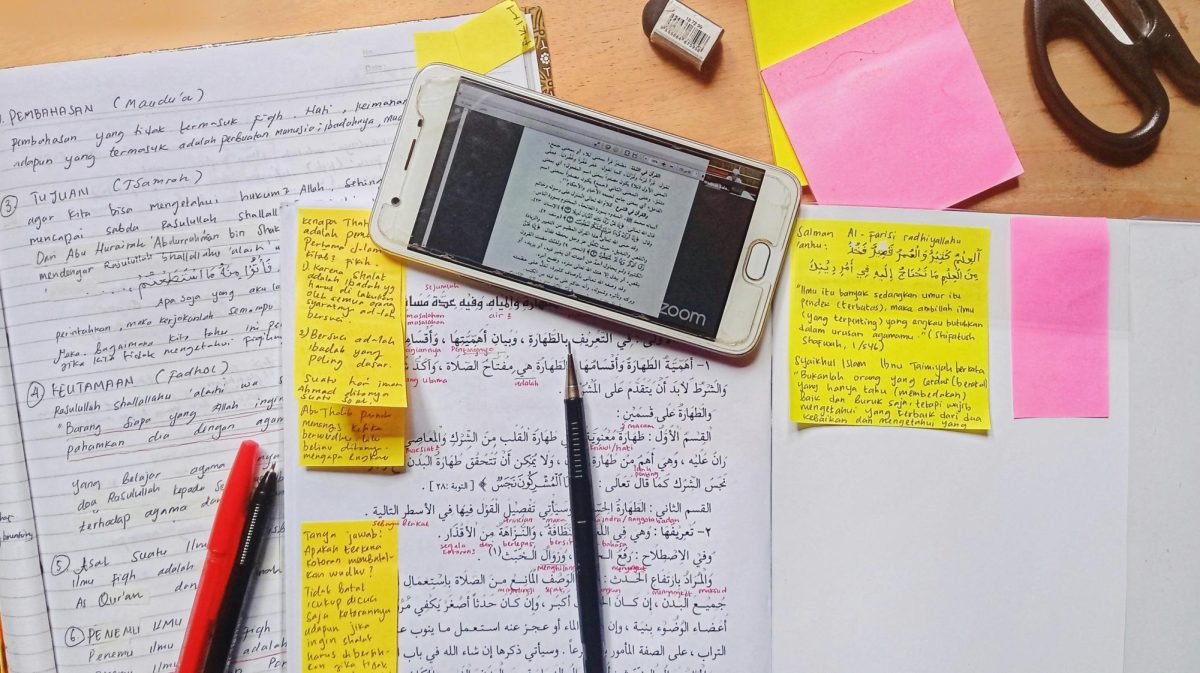Pro-Bolsonaro protestors attack Brazil’s Three Powers Plaza

Pro-Bolsonaro protestors vandalized the Brazilian government’s Three Powers Plaza on January 8.
January 10, 2023
A surge of political violence in Brazil disrupted the transition of power between former President Jair Bolsonaro and current president Luiz Lula on January 8. In Brasilia, the capital of the country, supporters of outgoing President Jair Bolsonaro marched eight kilometers from the military headquarters to the Three Powers Plaza, vandalizing federal buildings like the Presidential Palace and Supreme Court. Brazilian police arrested 300 individuals connected to the political violence on Sunday night.
Bolsonaro chastised the insurgents on Twitter, stating that “depredations and invasions of public buildings like those that happened today, as well as those practiced by the left in 2013 and 2017, are exceptions to the rule [of peaceful protest].”
He reasserted claims that during his presidency, he always, “stayed between the four lines of the constitution, respecting and defending democracy, transparency and our sacred freedom.” Bolsonaro then rejected the “baseless accusations” from President Lula involving his role in the violence.
The riots were in response to Luiz Lula’s narrow victory over Bolsonaro in the Brazilian presidential elections. The former president held conservative policies and beliefs, and the election of a left-leaning politician upset Bolsonaro’s followers.
Following President Lula’s election, Bolsonaro supporters positioned themselves near army bases and began calling for a military coup. The Plaza raid was not the first instance of political violence by his supporters. On December 13, 2022, extremist militias burned vehicles and attempted to raid the Brasília police headquarters in protest to the ratification of President Lula’s victory.
In the wake of the riots, national leaders worldwide voiced their disapproval toward the raids as a “cowardly and vile attack on democracy.”
Spanish Prime Minister Pedro Sánchez said, “We categorically condemn the assault on the congress of Brazil and call for an immediate return to democratic normality.”
In the United States, politicians drew parallels to the January 6 insurrection in Washington D.C. and displayed sympathy for Brazil.
“I condemn the assault on democracy and on the peaceful transfer of power in Brazil,” tweeted United States President Joe Biden. “Brazil’s democratic institutions have our full support and the will of the Brazilian people must not be undermined.”
In addition to a condemnation from the U.S. President, some American officials are calling for the deportation of Bolsonaro, who is currently in Florida.
“Right now Bolsonaro is in Florida [and should] be extradited to Brazil,” said foreign affairs committee member Joaquin Castro. “The United States should not be a refuge for this authoritarian who has inspired domestic terrorism in Brazil.”
With a rise in political violence against democratic institutions worldwide, both national leaders and civilians alike are concerned about the ongoing political turmoil in Brazil.

